To immediately address the query, horses physically cannot vomit due to the unique structure of their esophagus and the strong valve between the stomach and the esophagus, known as the cardiac sphincter. This anatomical configuration prevents the backflow of stomach contents into the esophagus and mouth, which is why vomiting is rare and physically challenging for horses. Understanding this aspect of equine biology is crucial for owners and veterinarians alike, as it influences how we manage their diet and health care to prevent gastrointestinal issues that could necessitate such an impossible action.
Chapter 1: The Anatomy of Equine Digestion
Understanding the unique equine digestive system is key to grasping why horses cannot perform a function as seemingly simple as vomiting. The horse's digestive system is a finely tuned apparatus, designed to process a continuous flow of forage and grass. This system, however, has its peculiarities that set it apart from those of other animals, especially when it comes to the cardiac sphincter.
The Role of the Cardiac Sphincter is pivotal in the equine digestive process. Located at the entrance of the stomach, this muscular valve serves as a one-way door: it allows food to enter the stomach but prevents any backflow into the esophagus. In most animals, this sphincter can relax to permit vomiting when the stomach is irritated or overly full. However, in horses, the cardiac sphincter is exceptionally strong and does not relax to the extent required for vomiting. This is a protective feature evolved to prevent the inhalation of food and acid into the lungs, especially considering the horse's large volume of continuous food intake and their head-down grazing posture.
Taking a Closer Look at Why Horses Can't Vomit, we delve deeper into the consequences of this inability. Since horses cannot expel harmful substances or excess food from their stomachs via vomiting, they are particularly susceptible to colic, which is a leading cause of death in horses. This fact underscores the importance of proper feeding practices and the need for prompt veterinary attention when a horse shows signs of digestive distress.
Moreover, the inability to vomit makes the early detection and management of gastrointestinal issues critical. Owners and caregivers must be vigilant for signs of discomfort or distress in their horses, such as pawing, looking at their side, lying down more than usual, or rolling. These could indicate colic or another serious digestive issue that requires immediate attention.
In summary, the unique equine digestive system, particularly the role of the cardiac sphincter, explains why horses can't vomit. This anatomical feature, while protective in some aspects, also places a significant responsibility on those who care for horses to manage their diets carefully and monitor their health closely to prevent gastrointestinal issues.
Chapter 2: Health Implications of Non-Vomiting in Horses
The inability of horses to vomit is not just a fascinating anatomical fact; it carries significant health implications. Within the equine community, understanding these implications is crucial for maintaining the well-being of these majestic animals.
Gastric Distress in Horses
Gastric distress is a term that encompasses various conditions, from mild discomfort to severe pain due to accumulation of gases, fluids, or feed in the stomach. Since horses cannot vomit, these materials have no easy exit route, leading to potential emergency situations. The buildup can cause significant pain and, in extreme cases, rupture the stomach wall, which is often fatal.
Preventing Colic and Other Gastrointestinal Issues
Colic is a broad term used to describe abdominal pain in horses, and it can result from the inability to vomit. Prevention is key and involves management strategies such as frequent, small feedings of high-quality forage, ensuring constant access to clean water, and regular exercise. These practices help to keep the digestive system functioning smoothly and reduce the risk of impaction, gas buildup, and other factors that can lead to colic.
The Importance of Regular Veterinary Check-ups
Regular veterinary check-ups are vital in detecting and preventing potential health issues early. A vet can provide tailored advice on diet and care, ensuring any signs of digestive distress are addressed promptly. Preventative care, including dental check-ups, deworming, and vaccinations, plays a crucial role in maintaining digestive health. Moreover, vets can guide on proper feeding regimens and management practices to minimize the risk of gastrointestinal problems.
➤ Also read: Are Horses Herbivores? Unveiling the Diet of Equines
Chapter 3: Feeding Practices to Support Healthy Digestion
In the world of equine care, optimizing the diet of a horse is paramount to ensuring its well-being and longevity. Given their inability to vomit and the unique challenges posed by their digestive system, understanding and implementing the right feeding practices is not just a matter of health—it's a necessity.
The Dos and Don'ts of Feeding Horses are guidelines established not only by centuries of horse care but also by advances in veterinary nutrition science. A cornerstone of these guidelines is regularity and moderation. Horses thrive on a consistent feeding schedule, which helps prevent digestive upsets such as colic. Offering feed in small, frequent meals rather than large, sporadic ones is crucial. Equally important is avoiding rapid changes in their diet, as this can lead to gastrointestinal distress.
When it comes to what to feed, the role of forage and fibre cannot be overstated. High-quality hay or pasture should make up the bulk of a horse's diet, providing the necessary fibre for gut health and digestive efficiency. This fibrous material supports a slow and steady digestive process, reduces the risk of ulceration, and helps maintain proper gut motility, all while catering to the horse's natural grazing behavior.
However, not all forage is created equal. Owners should ensure the forage is free from mold and dust, which can cause respiratory issues and negatively impact digestive health. The addition of specific grains or concentrates may be necessary for horses with higher energy demands, such as those in intense training or pregnant mares. Yet, these should be introduced cautiously and in proper balance with the horse's overall diet and energy expenditure to avoid overloading the digestive system.
Incorporating supplements into a horse's diet can further support digestive health, particularly those designed to aid in nutrient absorption and gut flora balance. However, it's essential to consult with a veterinarian or an equine nutritionist before making any significant changes to a horse's diet or adding supplements.
In summary, supporting healthy digestion in horses through proper feeding practices is a critical component of equine care. By focusing on the quality and composition of the diet, ensuring regularity in feeding schedules, and respecting the natural dietary needs of horses, owners can significantly contribute to the health and happiness of their equine companions.
Chapter 4: Common Misconceptions About Equine Health
Debunking myths around equine vomiting is essential for every horse owner and caregiver. A prevalent misconception is that horses can relieve digestive discomfort in the same ways as humans or other animals, by vomiting. However, due to their unique digestive anatomy, particularly the strength of the cardiac sphincter, horses are physically unable to vomit. This misunderstanding can lead to mismanagement of their care, especially in recognizing signs of serious health issues like colic.
How misinformation can affect horse care cannot be understated. Beliefs such as the idea that a horse can be made to vomit in cases of suspected poisoning or overeating can have dangerous consequences. It's crucial for the equine community to rely on vetted information and veterinary advice rather than myths or unverified internet sources. Misinformation may delay the seeking of professional help in emergencies, worsening the horse's condition.
Expert opinions on equine digestive health stress the importance of prevention over cure. Recognizing the early signs of digestive distress, understanding the limitations of equine physiology, and maintaining regular health checks are advocated as best practices. Experts urge the community to educate themselves on these matters, promoting a culture of proactive rather than reactive horse care.
Chapter 5: Innovations in Equine Health Care
The advancements in veterinary medicine have been instrumental in improving the quality of life for horses, especially concerning their digestive health. Techniques such as endoscopy allow veterinarians to diagnose and treat conditions without invasive surgery, and improvements in dental care prevent feeding and digestion issues before they start.
The future of equine digestive health looks promising, with ongoing research into better understanding the microbiome of the horse's gut and how it affects overall health. This research is paving the way for new treatments and preventive measures, such as probiotics tailored to support equine gut health.
Preventative measures and treatments have significantly benefited from these innovations. Regular wellness exams, including dental checks and fecal tests, have become more sophisticated, allowing for early detection of potential health issues. Vaccinations and parasite control strategies have also advanced, providing broader protection against diseases that can affect a horse's digestive system.
In both chapters, the emphasis on knowledge, prevention, and the embracing of new veterinary technologies underlines the evolving landscape of equine health care. These advancements not only improve the lives of horses but also empower owners and caregivers with the tools and information necessary for optimal care.
➤ Also read: Can Horses Eat Oranges? A Comprehensive Guide to Citrus in Equine Diets
Frequently Asked Questions about Equine Health
Can any condition cause a horse to vomit?
In the strictest sense, horses are physically incapable of vomiting due to the anatomy of their digestive system, particularly the strong cardiac sphincter. However, in extremely rare and severe cases, if there is a massive buildup of pressure in the stomach due to gas or feed blockage, the stomach may rupture. This catastrophic event is often fatal and is not considered vomiting in the traditional sense but rather a medical emergency. It underscores the importance of managing diet and monitoring for signs of colic or digestive distress.
How can I tell if my horse is experiencing digestive distress?
Signs of digestive distress in horses can vary but often include noticeable changes in behavior or physical condition. Look for symptoms such as:
- Lack of appetite or interest in food
- Changes in drinking habits
- Lethargy or decreased energy levels
- Signs of abdominal pain, such as looking at their side, pawing at the ground, or rolling
- Changes in fecal output, such as diarrhea or constipation
- Increased heart rate or sweating
Early detection and intervention can significantly impact the outcome, so knowing your horse's normal behavior and physical state is crucial for recognizing these warning signs.
What should I do if I suspect my horse has a gastrointestinal blockage?
If you suspect your horse has a gastrointestinal blockage, it's critical to contact a veterinarian immediately. Gastrointestinal blockages in horses can lead to colic, which can have severe or even fatal outcomes if not treated promptly. While waiting for the vet:
- Remove all food but leave water available unless advised otherwise by your vet.
- Monitor your horse's vital signs, including heart rate and temperature, if possible.
- Avoid administering any medications or treatments without veterinary guidance.
- Keep your horse as comfortable and calm as possible, walking them gently if it seems to ease discomfort but avoiding exhaustion or stress.
Are certain breeds more prone to digestive issues?
While any horse can experience digestive issues, certain breeds may be at higher risk due to genetic factors, conformation, and breed-specific diets or management practices. For example, larger breeds like draft horses may be more susceptible to certain types of colic, while Thoroughbreds might have a higher incidence of gastric ulcers due to the stresses of racing and training. However, environmental factors, diet, and management practices play a significant role in the health of a horse's digestive system, often overshadowing breed predispositions.
How does the inability to vomit affect a horse's overall health?
The inability to vomit significantly affects a horse's overall health, primarily by increasing the risk of certain complications if digestive upset occurs. Since horses cannot relieve pressure or irritation in their stomachs through vomiting, they are more susceptible to colic, ulcers, and other gastrointestinal issues. This anatomical characteristic necessitates careful management of their diet, environment, and stress levels to prevent such conditions. The health of the horse's digestive system is closely tied to its overall wellbeing, influencing everything from nutrient absorption to immune function. Thus, understanding and accommodating this aspect of equine physiology is essential for maintaining their health and happiness.
Conclusion
In conclusion, while horses cannot vomit due to their unique anatomical structure, understanding this aspect of their biology is key to providing them with the best possible care. Through proper diet management, regular veterinary check-ups, and staying informed about the latest in equine health, horse owners can ensure their equine companions lead healthy, happy lives. The inability to vomit underscores the importance of preventive measures and awareness of the signs of gastrointestinal distress in horses.

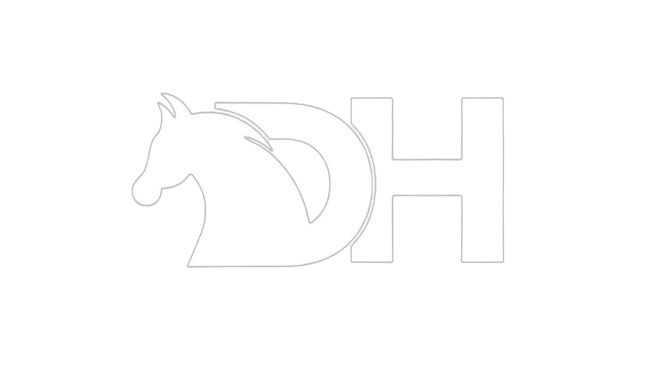



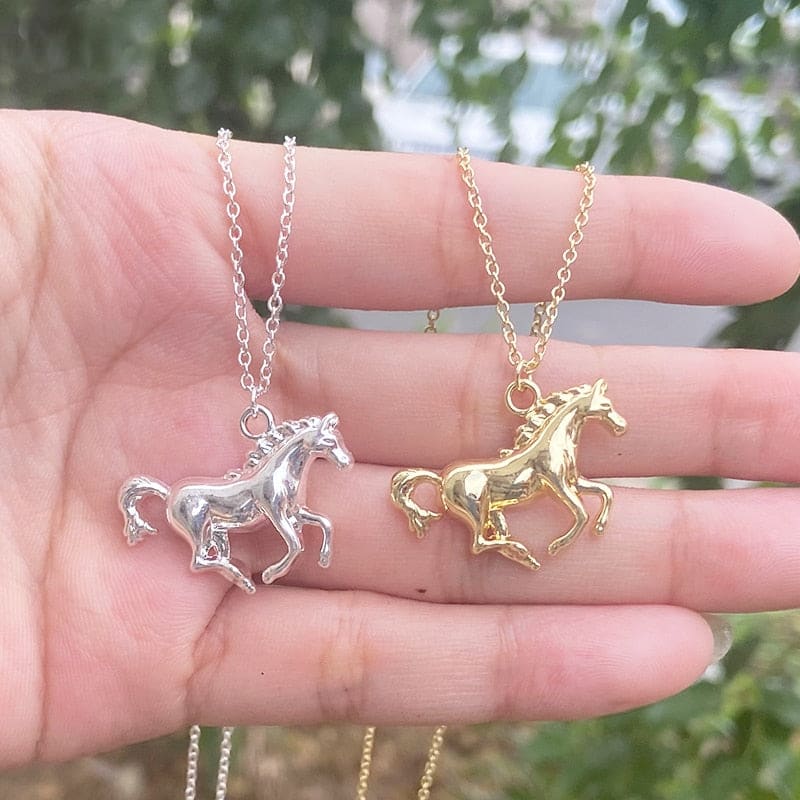
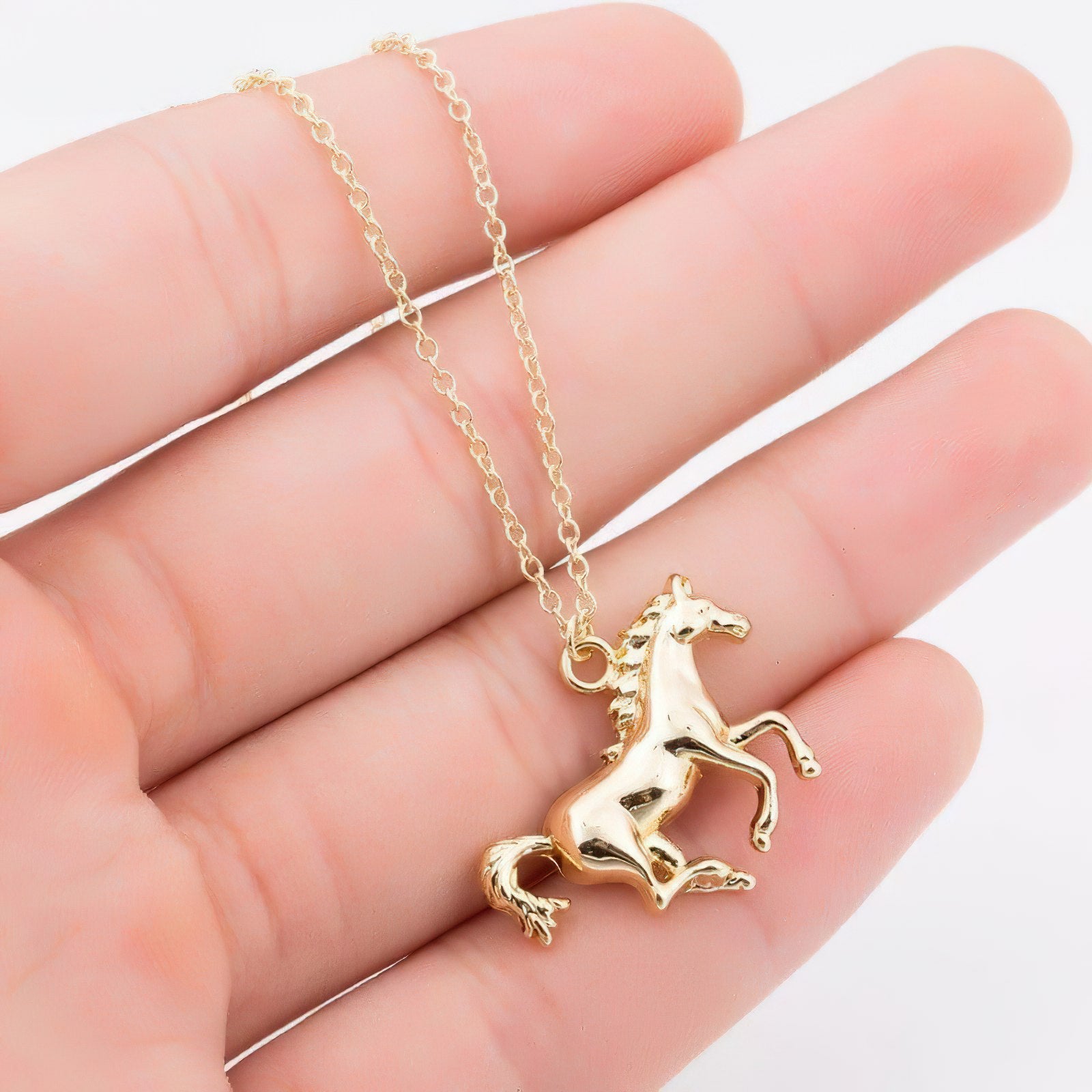
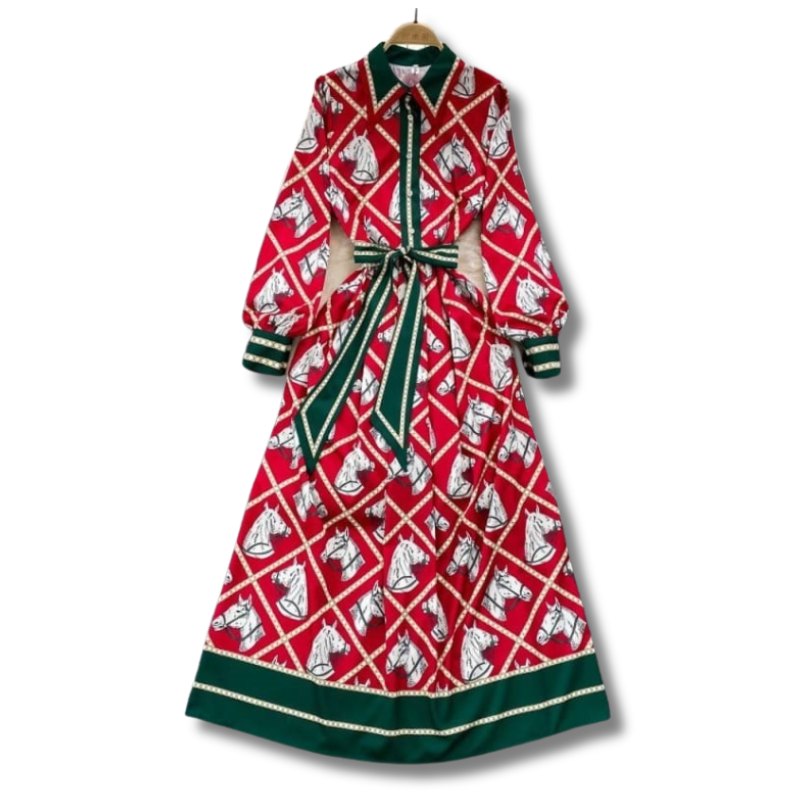










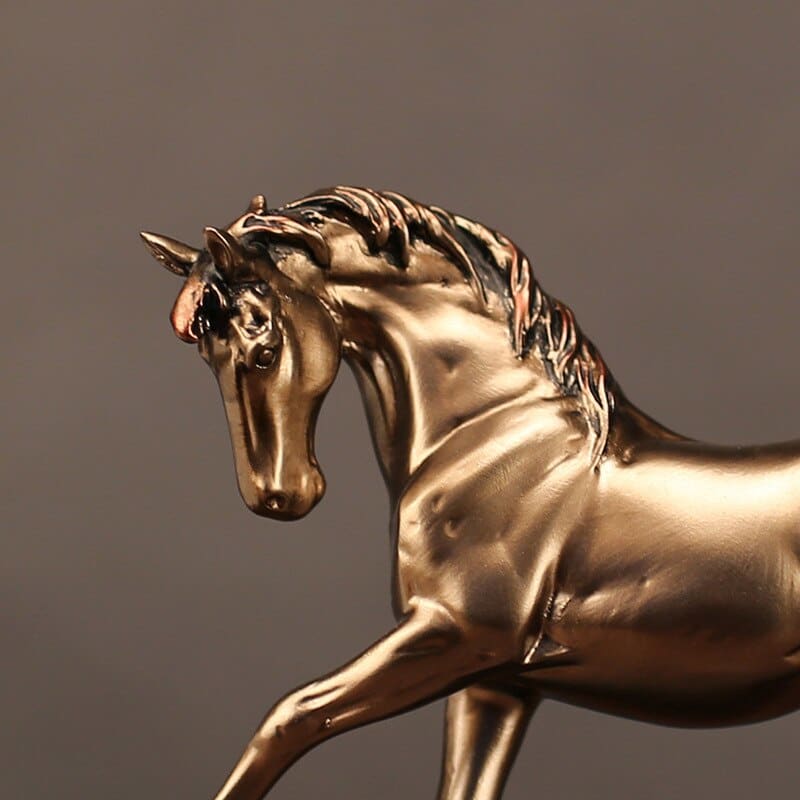
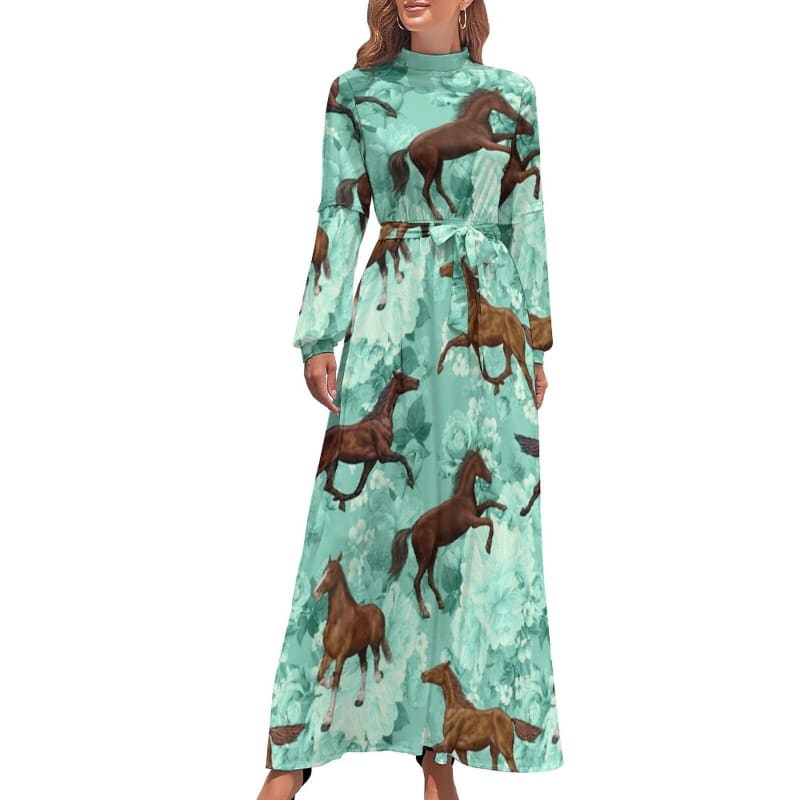
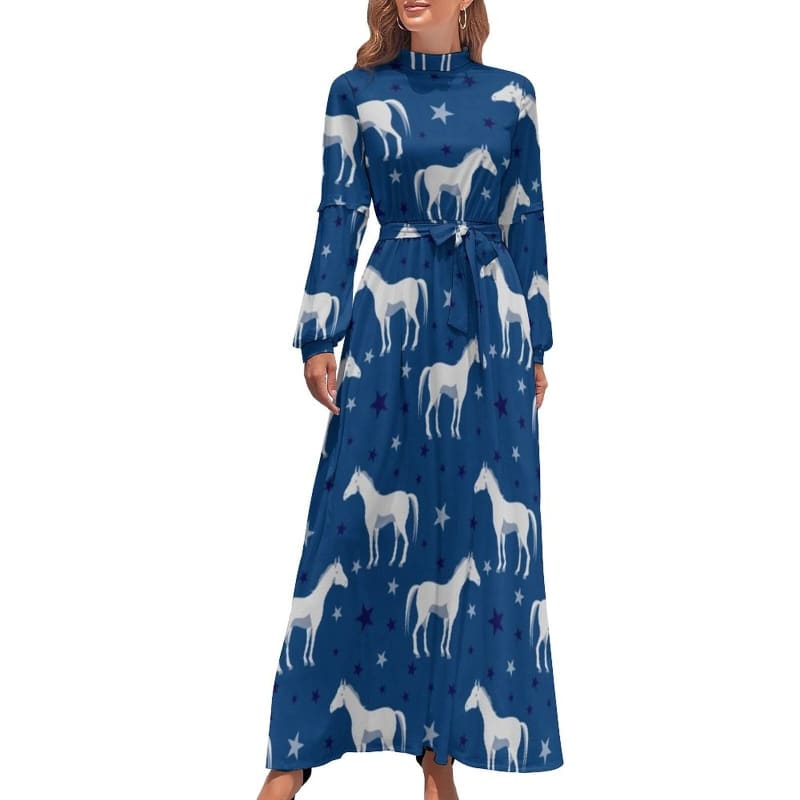
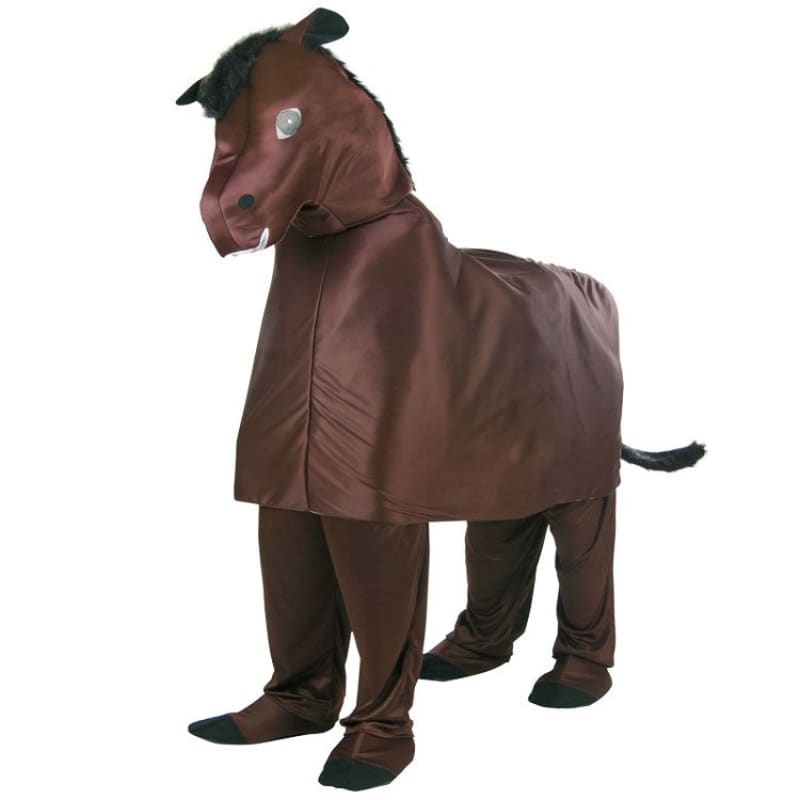
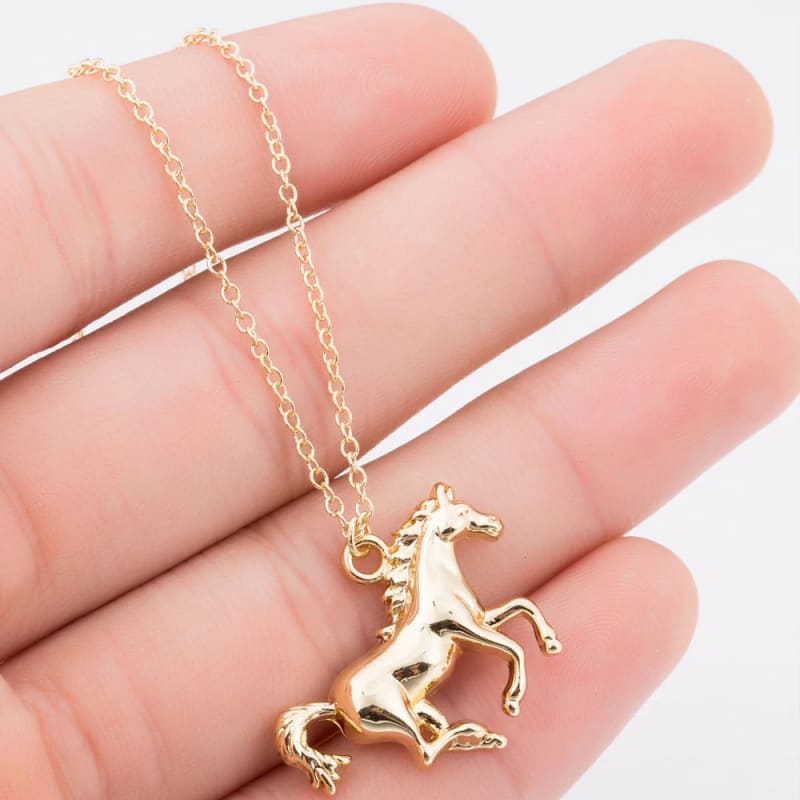
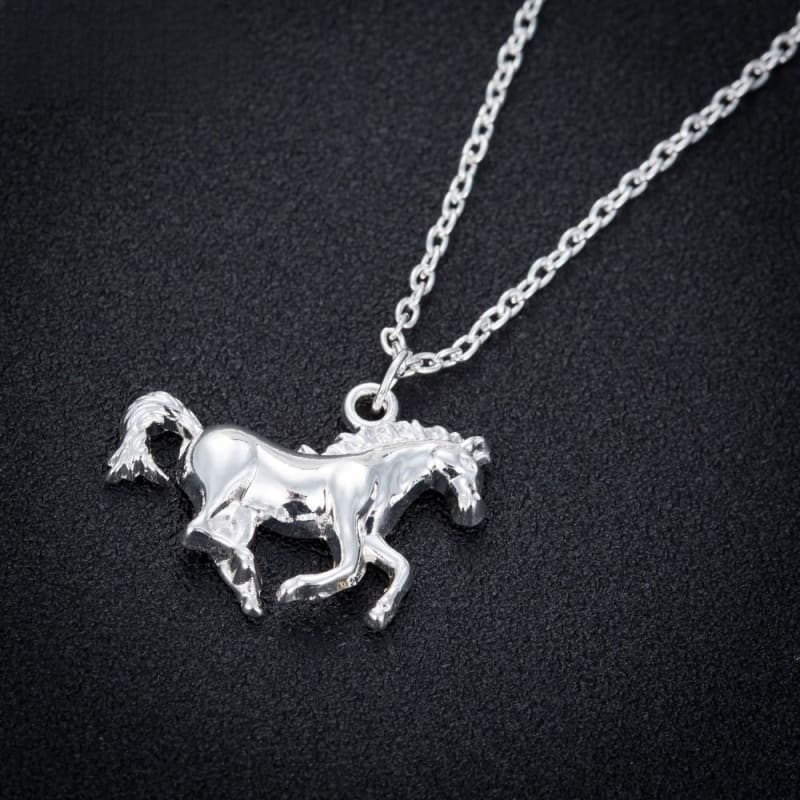


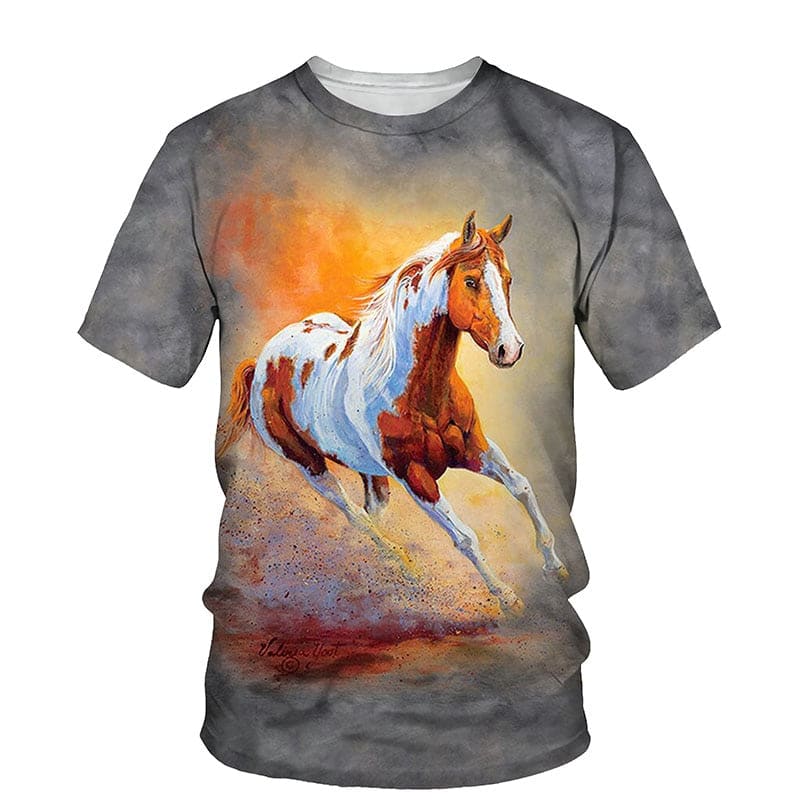
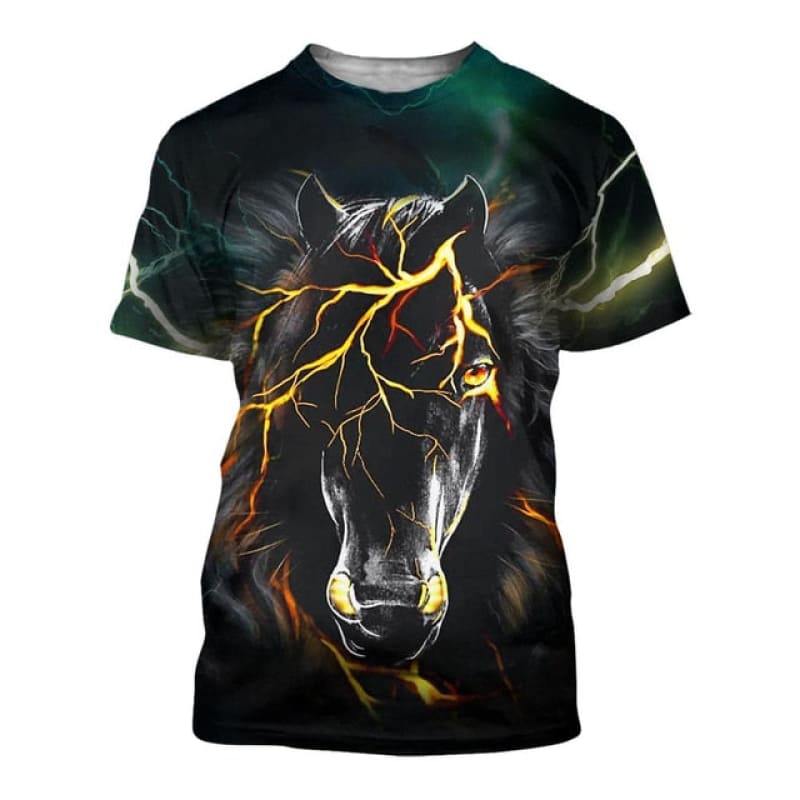
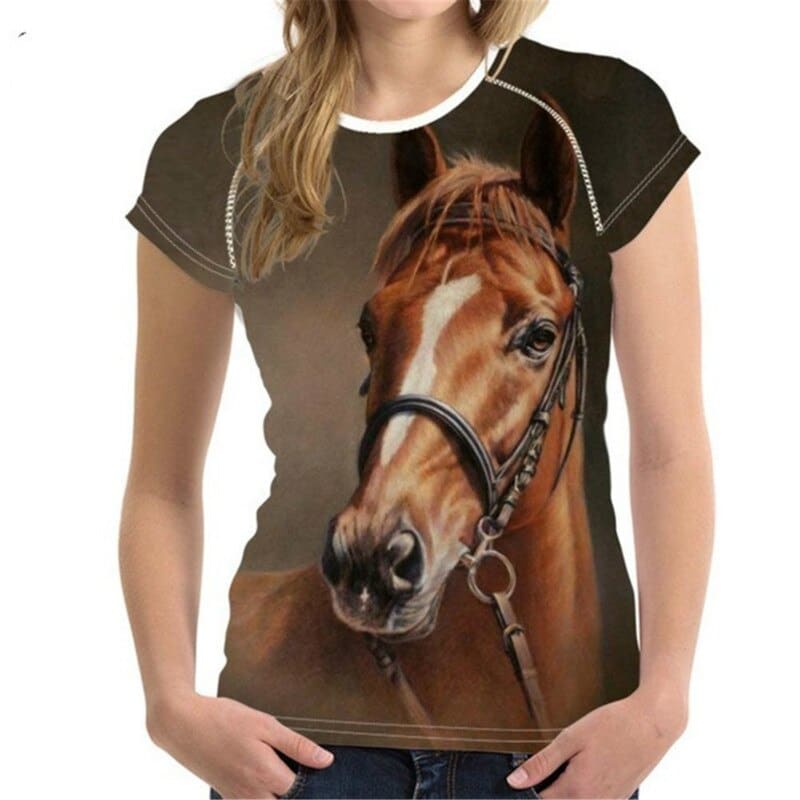
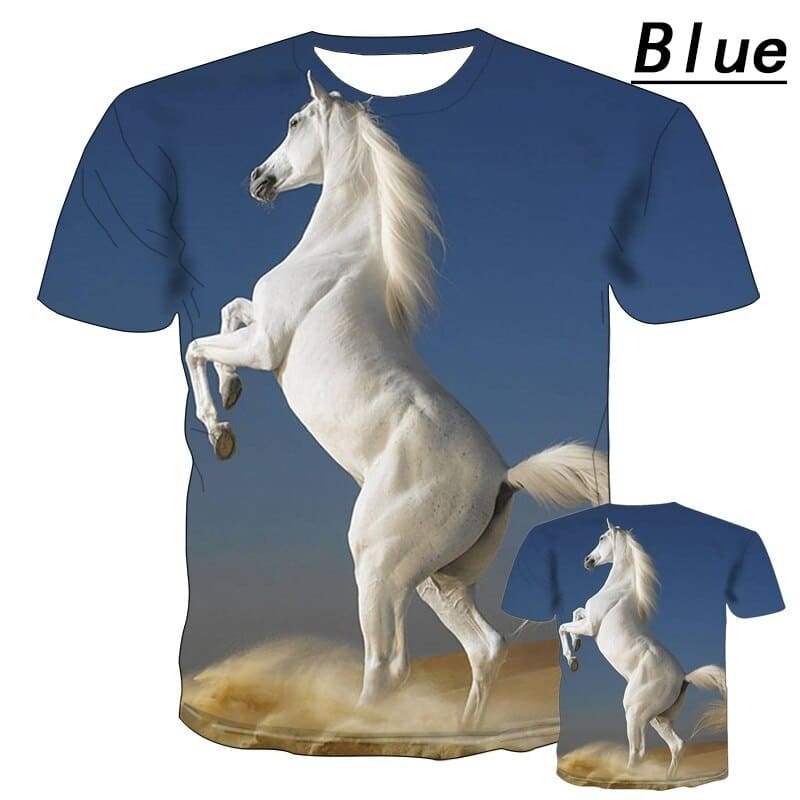





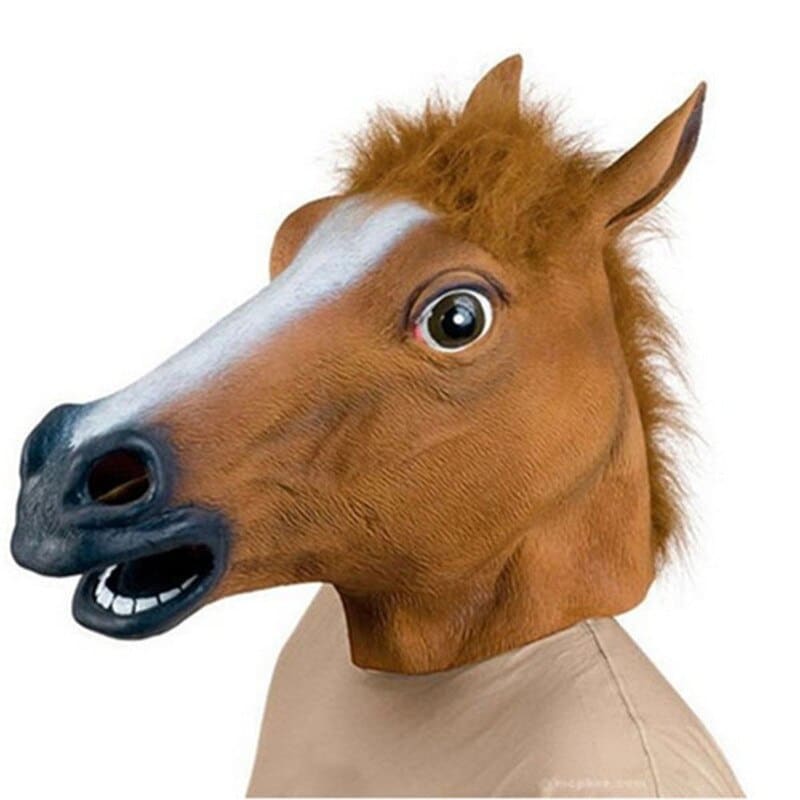


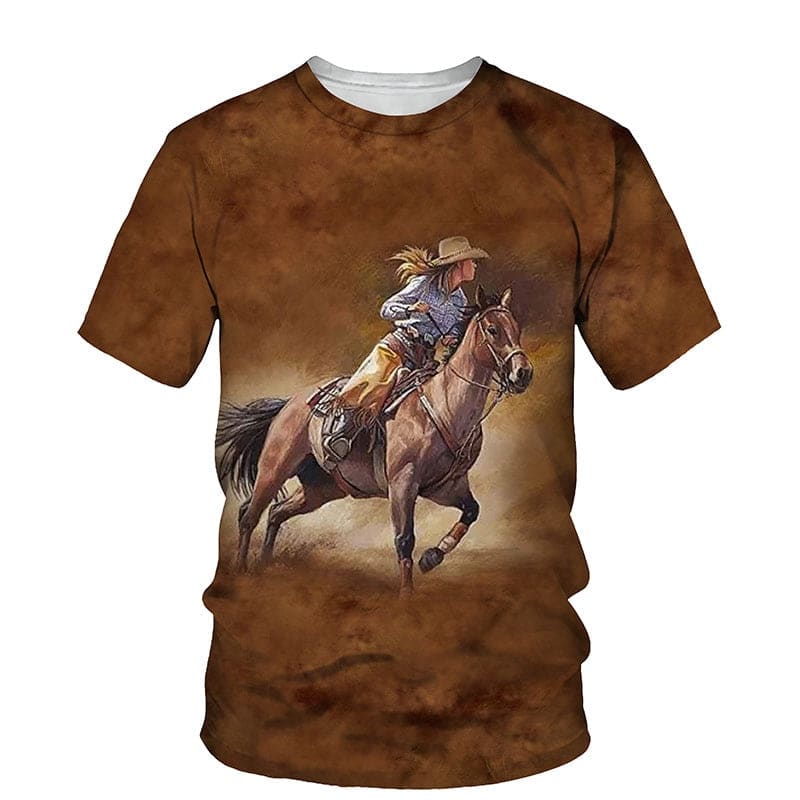





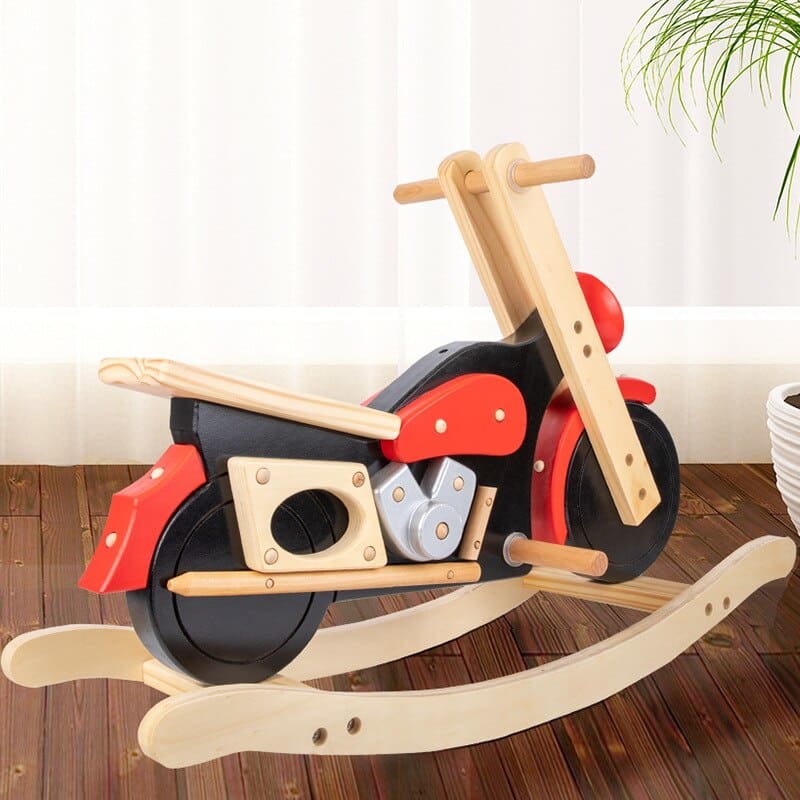


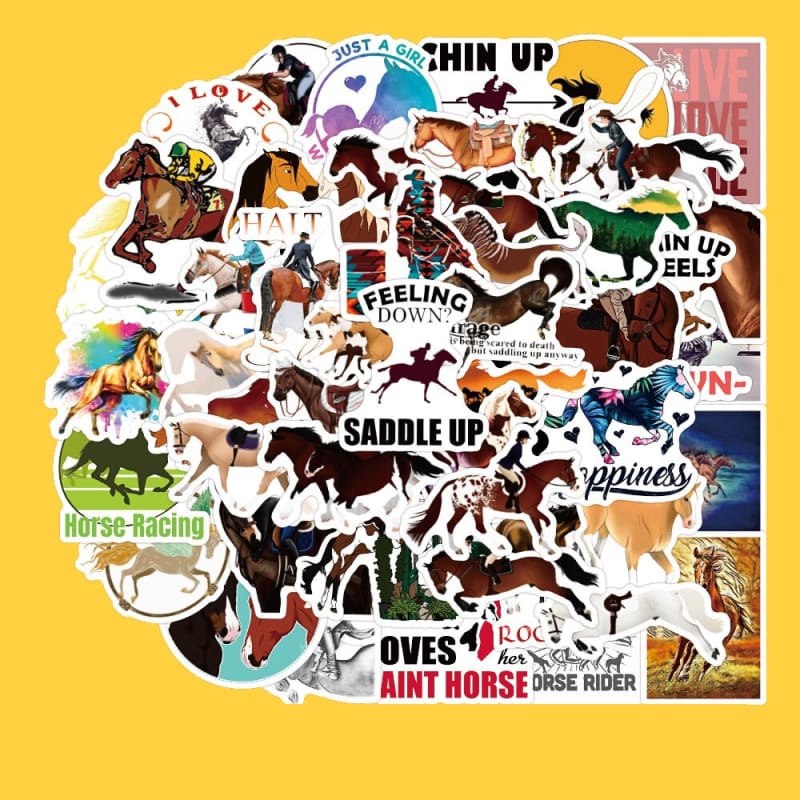



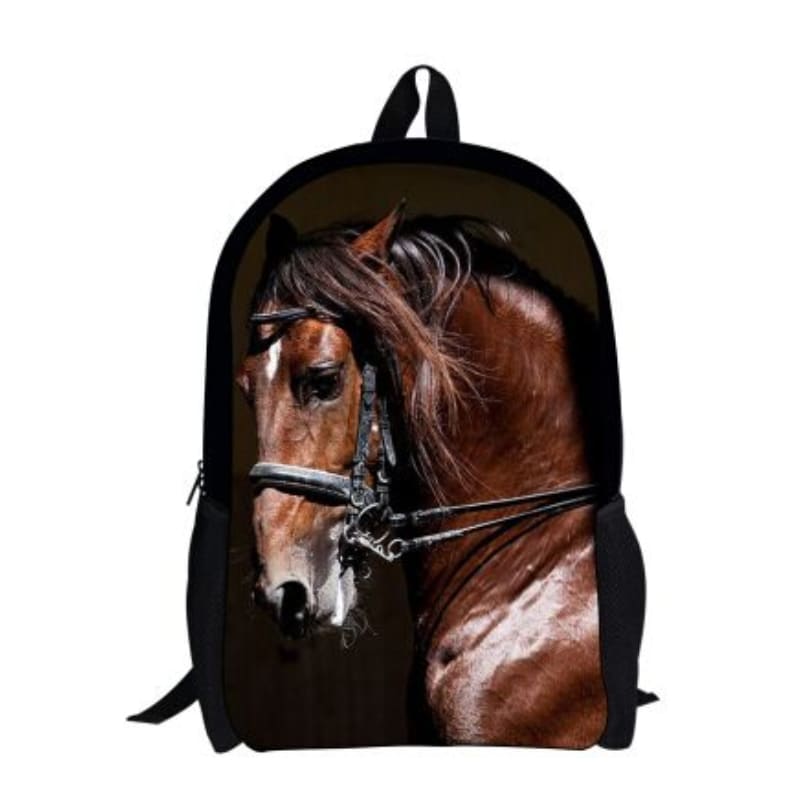



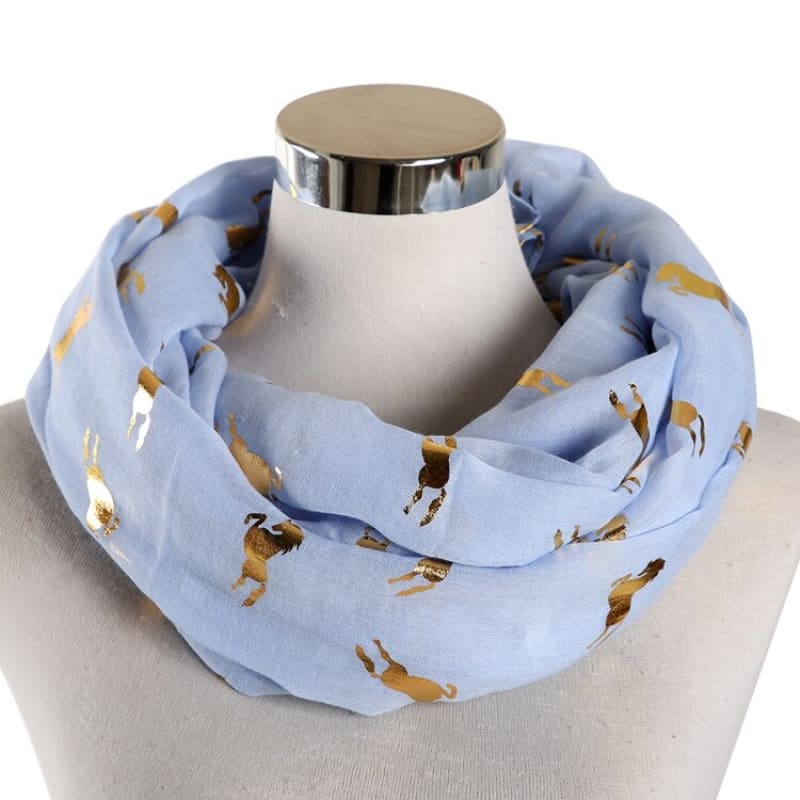







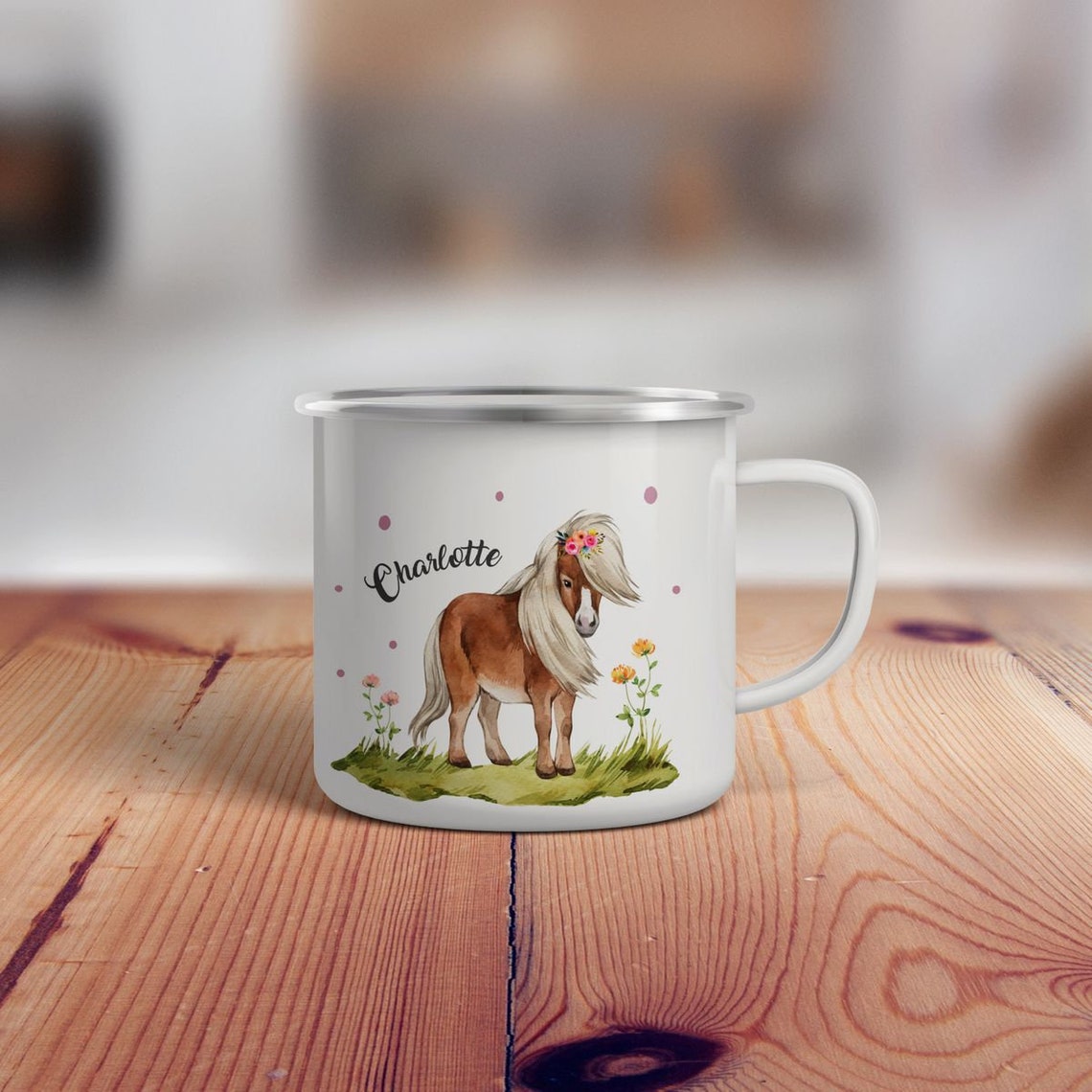
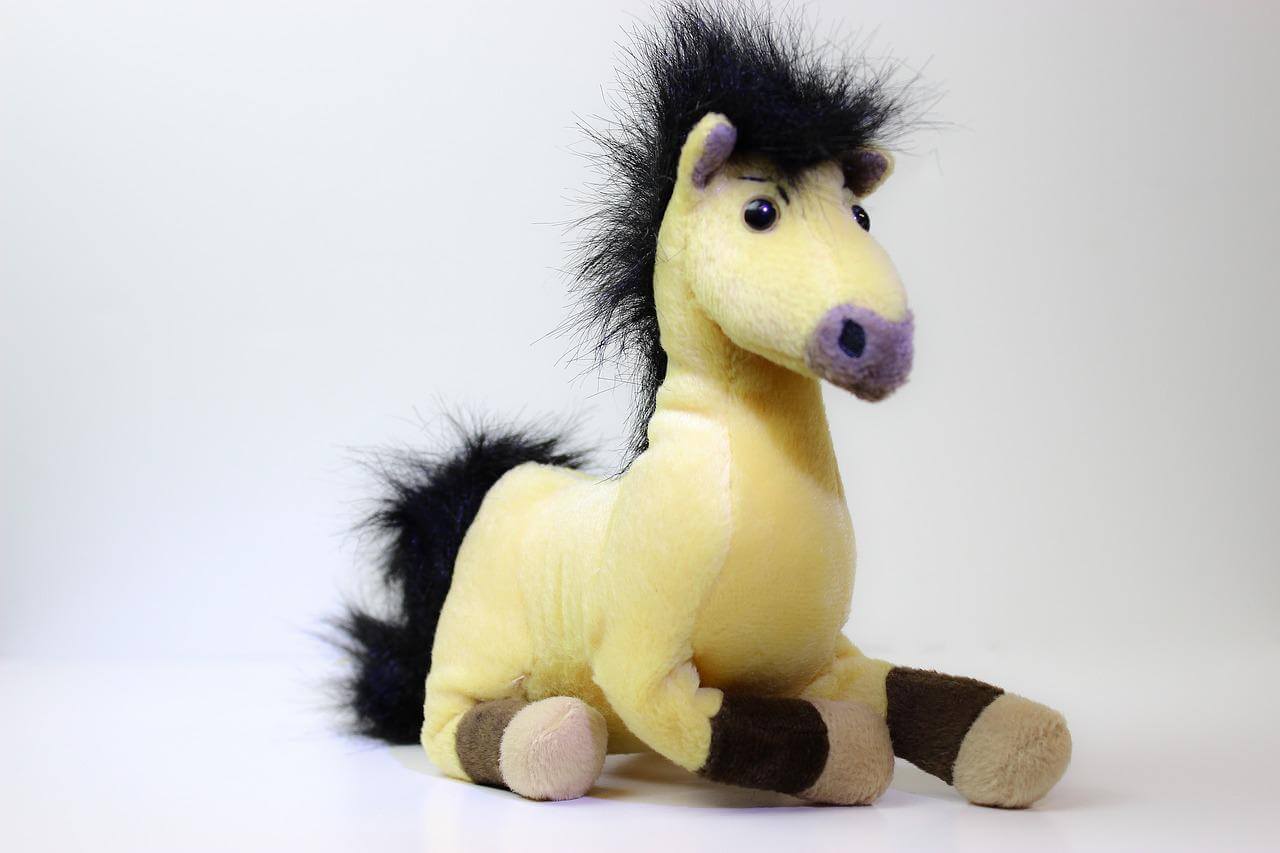
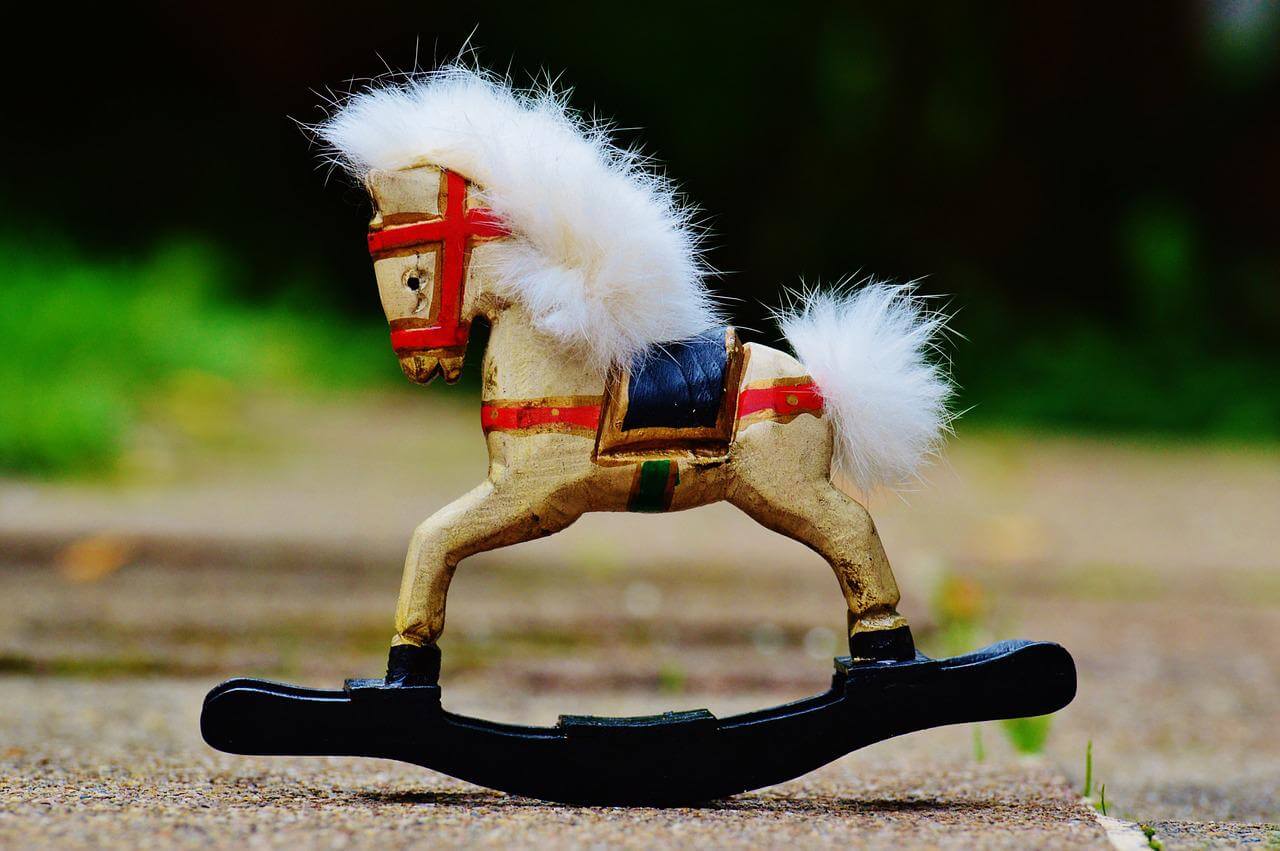
Leave a comment
All comments are moderated before being published.
This site is protected by reCAPTCHA and the Google Privacy Policy and Terms of Service apply.